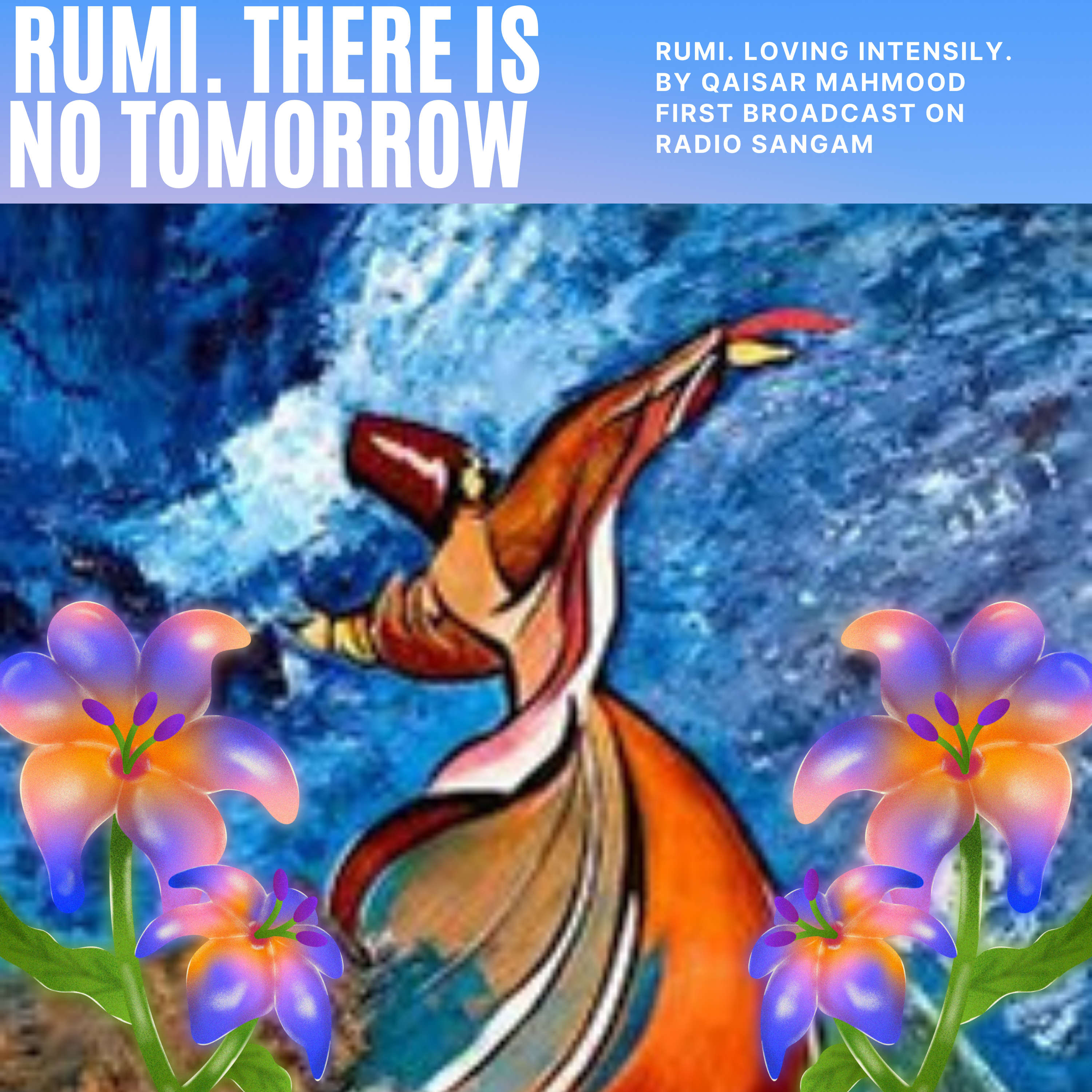36 minutes | Monday, 10 October 2022
Jalāl al-Dīn Muḥammad Rūmī , also known as Jalāl al-Dīn Muḥammad Balkhī), Mevlânâ/Mawlānā and Mevlevî/Mawlawī (Persian: مولوی, lit. 'my master'), but more popularly known simply as Rumi (30 September 1207 – 17 December 1273), was a 13th-century Persian poet, Hanafi faqih, Islamic scholar, Maturidi theologian and Sufi mystic originally from Greater Khorasan in Greater Iran. Rumi's influence transcends national borders and ethnic divisions: Iranians, Tajiks, Turks, Greeks, Pashtuns, other Central Asian Muslims, as well as Muslims of the Indian subcontinent have greatly appreciated his spiritual legacy for the past seven centuries. His poems have been widely translated into many of the world's languages and transposed into various formats. Rumi has been described as the "most popular poet"] and the "best selling poet" in the United States. Our CEO, Qaisar Mahmood has often visited the tomb of Rumi in Turkey and reflects upon those experiences from talking with people at the shrine and his own thoughts and feelings. First broadcast on Radio Sangam, here is another opportunity to listen again.
Rumi's works are written mostly in Persian, but occasionally he also used Turkish, Arabic and Greek in his verse. His Masnavi (Mathnawi), composed in Konya, is considered one of the greatest poems of the Persian language. His works are widely read today in their original language across Greater Iran and the Persian-speaking world. Translations of his works are very popular, most notably in Turkey, Azerbaijan, the United States and South Asia. His poetry has influenced not only Persian literature, but also the literary traditions of the Ottoman Turkish, Chagatai, Urdu, Bengali and Pashto languages.

